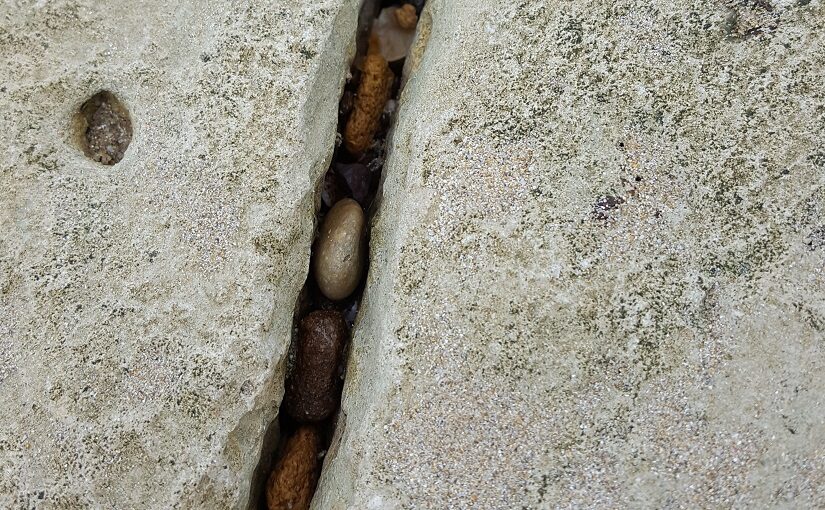If the world were a system we could somehow reset, which point would we choose to return to? Beyond that, could we actually be confident we’d do much better at things than we have done? While it might be tempting to imagine things having taken a different course – this collective process of “what if” – it’s perhaps hard to see exactly where, why or how things drifted off in all these questionable directions.
Then there’s the fact that with any “what if” – be it individual or collective – we clearly risk losing the good with the bad: those being the paths that brought us to exactly this moment with these thoughts, experiences, connections and relationships, would we ever truly choose to “delete” those gains in the hope of some hypothetical, idealised alternative? Maybe there’s a truth to our paths; a wisdom gained through walking them.
The “what if” seems a natural process of thought, though: this re-running to pinpoint exactly where something went wrong and how we might’ve acted differently for another outcome. The mind as a sort of memory-detective seeking insight through analysing, deconstructing and re-imagining things. At its most extreme, perhaps we’d end up trapped in our own past, paralysed by our mistakes.
Of course, there may be value to be gained in understanding and learning from events – seeing our agency in them and how our mistaken beliefs or interpretations might’ve influenced things in ways we now know to avoid. The past, in many ways, being the teacher of all we didn’t yet know or fully appreciate the significance of (Notes One).
There seems a certain tangled wisdom to the fact that, looking back, we’re always judging with the eyes experience has honed for us: having been through things, we now know to see them differently. As if life itself is revealing our shortcomings to us by highlighting all those things we didn’t quite understand as we should.
If the systems of the West are struggling, then, is it because we didn’t quite understand how to create a society that actually “worked”? This sense in which the past’s finest, most influential thinkers put together this “thing” we now live within: this interlocking, mutually reinforcing set of ideas, assumptions, principles, theories and practices that, over time, have evolved and developed into all we now find around us (Notes Two).
Imagining that, in all likelihood, one or many of those ideas could’ve been flawed, mightn’t we now find ourselves within rather a large, complex “machine” weighed down by the cumbersome inertia of tradition but carried along by its own momentum? How are we to manoeuvre within such a system to correct any mistakes and redress all the many problems they’ve caused? (Notes Three)
Maybe this is “always” the case with any kind of history? That, having learnt from the paths it placed us on, we can see the need for change. Being sure we know enough to avoid creating further problems ourselves, though, seems an equally important thing to be grappling with.
Notes and References:
Note 1: The philosopher stance
Note 1: Problems & the thought that created them
Note 1: On whose terms?
Note 1: Imperfection as perfection?
Note 2: One thing leads to another
Note 2: Humans, tangled in these systems
Note 2: Shaping the buildings that shape us
Note 2: “Quest for a Moral Compass”
Note 2: The self within society
Note 3: Pace of change & getting nowhere fast
Note 3: Knowledge, capacity & understanding
Note 3: Having confidence in complex systems
Note 3: What if solutions aren’t solutions?
Note 3: “The Obstacle is the Way”
Imagining where we are headed and how we might get there was also the focus of Navigation, steering & direction.

